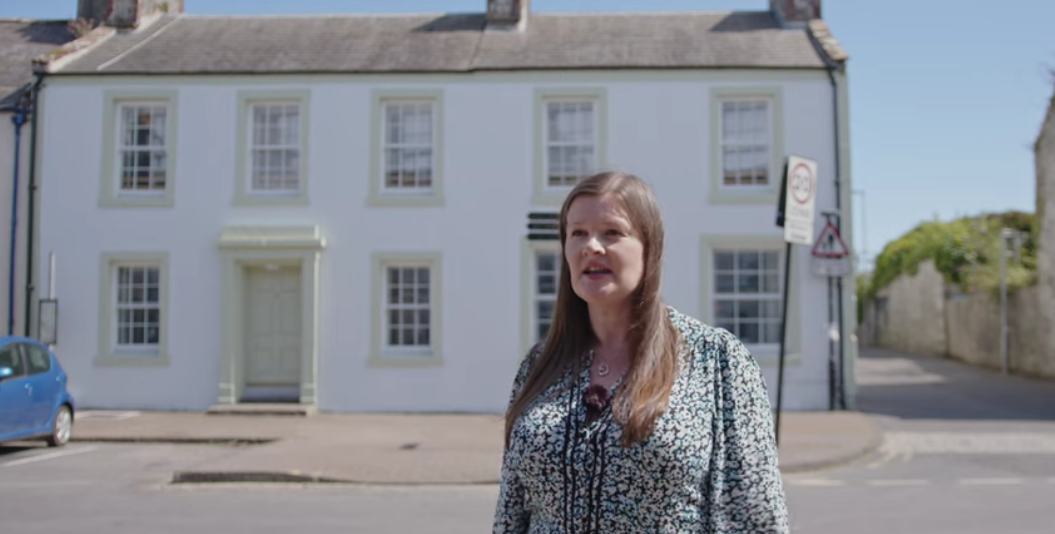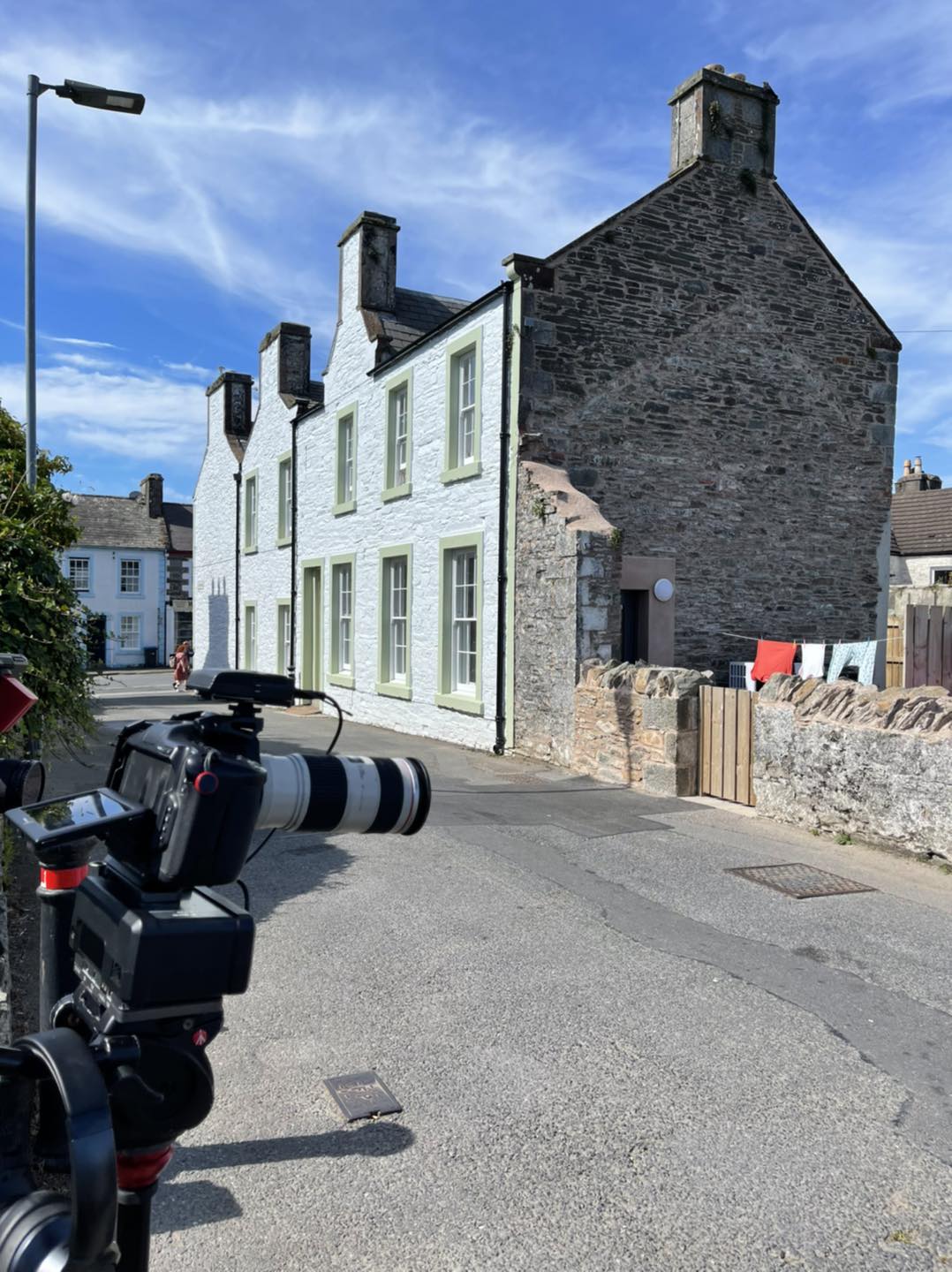SOSCH celebrates Scottish Housing Day with new community-led housing video case studies

Hazel Smith
South of Scotland Community Housing (SOSCH) has launched two new video case studies to showcase its support for community-led housing in southern Scotland.
The films – featuring projects in Wigtown and Whithorn in Dumfries and Galloway - highlight opportunities for community-led housing to creatively repurpose empty town-centre buildings into affordable housing for local people. The case studies were produced by Open Aye CIC and funded with support from South of Scotland Enterprise.
Each case study highlights a project in which empty Town Centre buildings have been brought into community ownership, then repurposed as community-led homes with the support of SOSCH. Both community organisations – All Roads Lead to Whithorn and Wigtown and Bladnoch Community Initiative - recently welcomed residents into their new homes. Both projects received funding from, among others, the Scottish Government’s Rural Housing Fund.
In Wigtown, community organisation Wigtown & Bladnoch Community Initiative (WBCI) used Community Right to Buy legislation to turn a former Bank of Scotland building into two new homes and a visitor bunkhouse. The property, which had been empty since the bank’s withdrawal from Wigtown in 2017, now provides warm, safe, and high-quality homes for a local family, an accessible apartment for an older resident, a small community-run bunkhouse and a community growing space.
The project in Wigtown
WBCI and SOSCH partnered with a design team led by local architect Hazel Smith, implementing innovative plans to retrofit the building. The bunkhouse provides attractive and affordable visitor accommodation to support Wigtown’s status as a popular tourist destination as Scotland’s Book Town. Maintaining the bunkhouse creates two new jobs for local people and is accompanied by a community garden and bike storage space.
In Whithorn, SOSCH supported local development trust All Roads Lead to Whithorn’s (ARLTW) community-led housing project which turned the former Grapes Hotel into two beautiful family homes. The hotel had lain semi-derelict on the High Street for in excess 30 years until community intervention. ARLTW partnered with SOSCH in 2017 to explore options for redeveloping the building into modern housing to help tackle a shortage of affordable rented homes in the town.

Filming in Whithorn
The design team was led by APRL Architects whose skilled approach to conservation has allowed the building to maintain historic features and exteriors while still achieving high levels of energy efficiency and low running costs. Partners are now progressing Phase Two of the project, with planning consent secured for two further new-build homes on the plot in the rear of the former hotel.









